30+ SAMPLE Parental Consent Forms in PDF
-
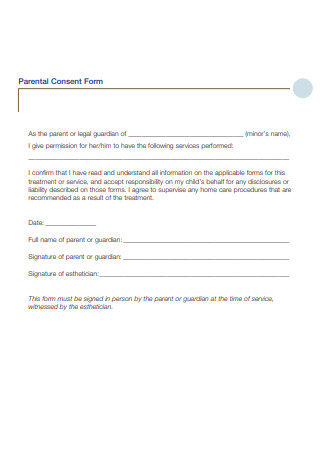
Parental Consent Form
download now -
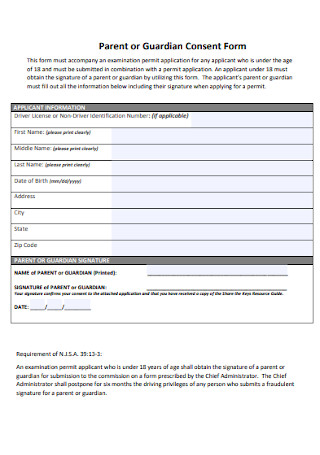
Parent or Guardian Consent Form
download now -

Parental Consent Form
download now -
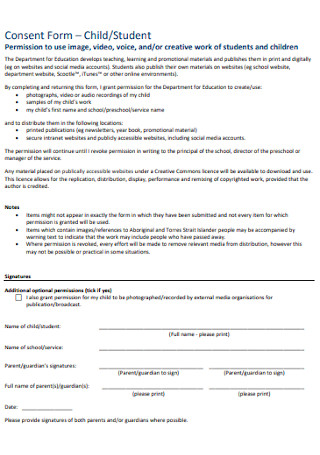
Child Consent Form
download now -
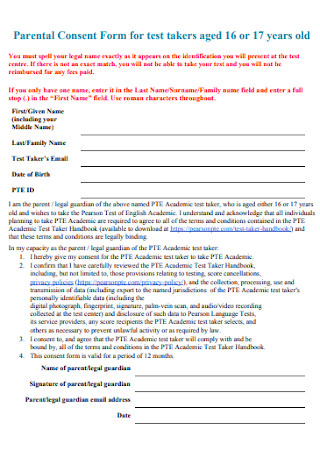
Parental Test Consent Form
download now -
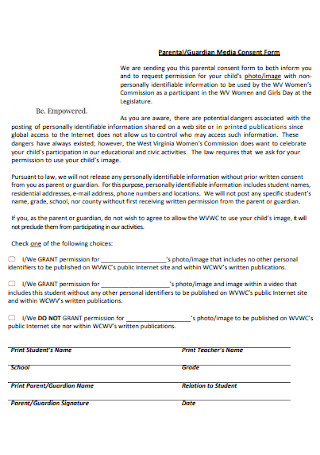
Guardian Media Consent Form
download now -
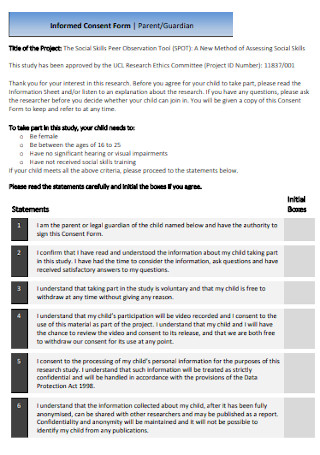
Guardian Consent Form
download now -
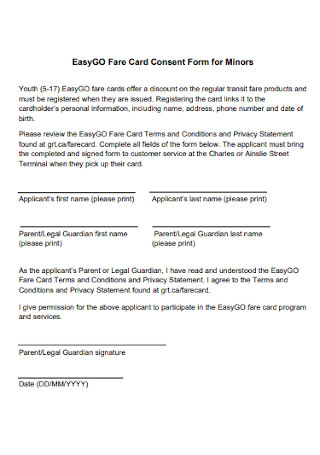
Consent Form for Minors
download now -
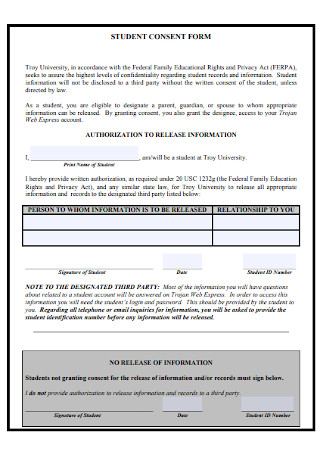
Student Consent Form Templates
download now -
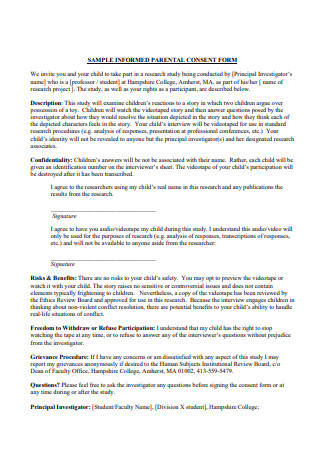
Sample Informed Parental Consent Form
download now -
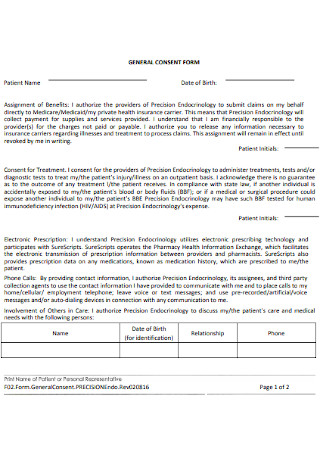
General Consent Form Template
download now -
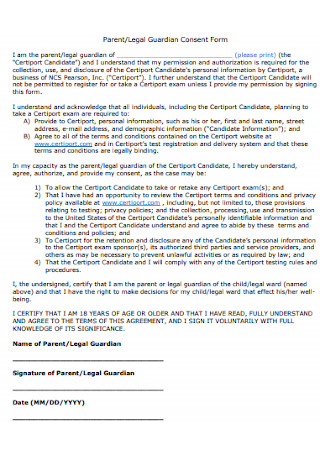
Legal Guardian Consent Form
download now -
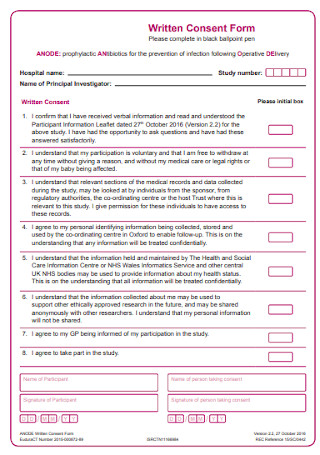
Written Consent Form
download now -
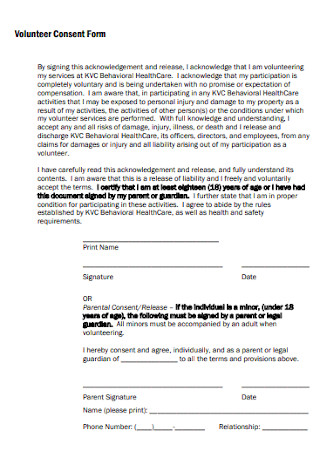
Volunteer Consent Form
download now -
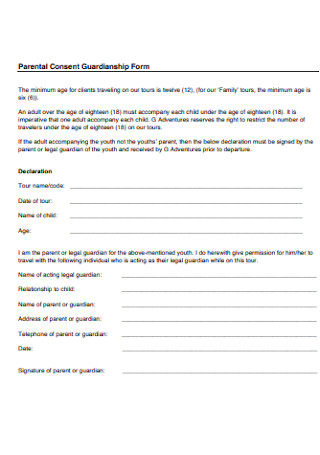
Parental Consent Guardianship Form
download now -
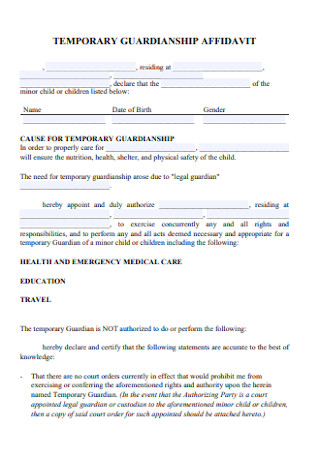
Temporary Guardianship Form
download now -
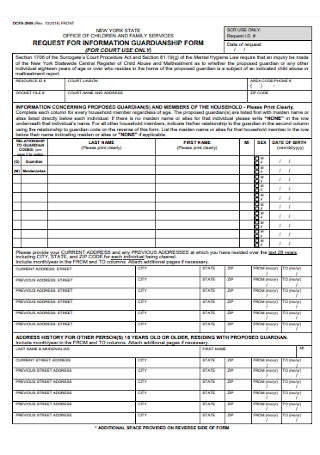
Request for Information Guardianship Form
download now -
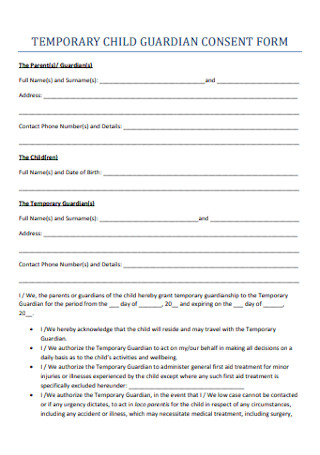
Child Guardian Consent Form
download now -
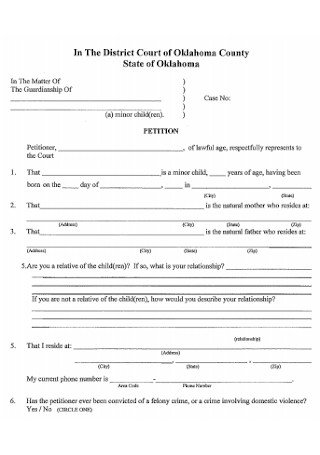
Guardianship Form for Minor
download now -
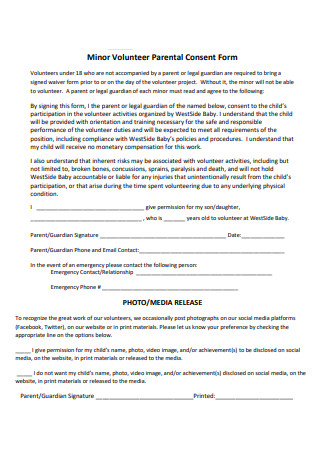
Minor Volunteer Parental Consent Form
download now -
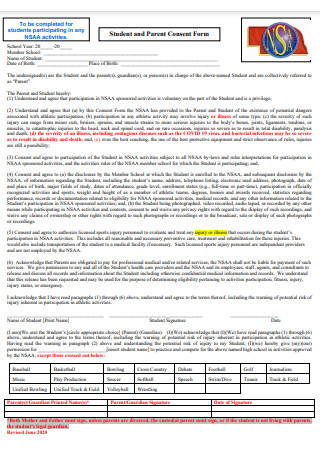
Student and Parent Consent Form
download now -
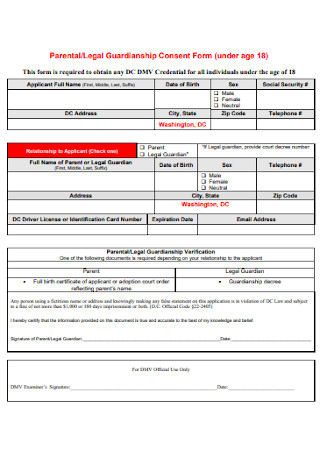
Legal Guardianship Consent Form
download now -
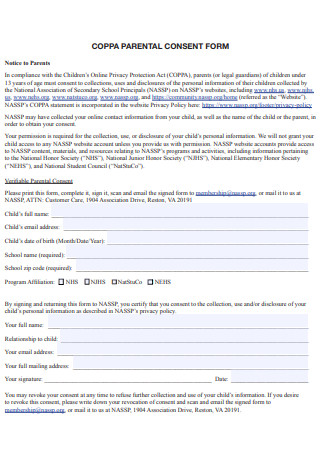
COPPA Parental Consent Form
download now -
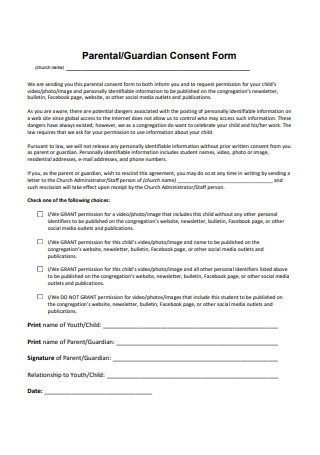
Parental Consent Social Media Form
download now -
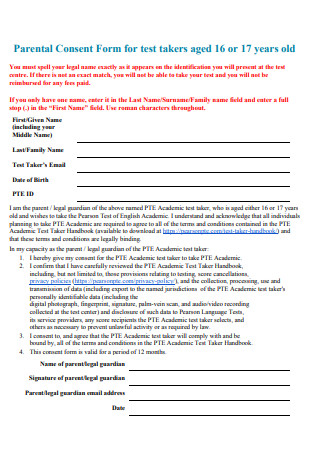
Parental Consent Form for Test Takers
download now -
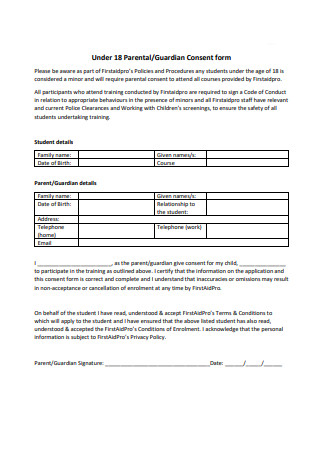
Under 18 Parental/Guardian Consent Form
download now -
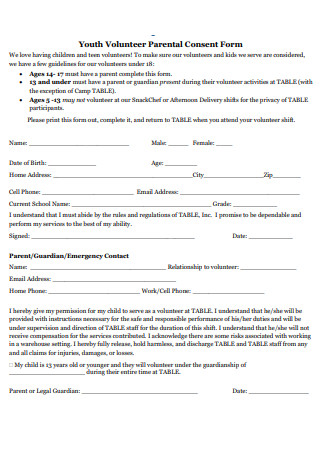
Youth Volunteer Parental Consent Form
download now -
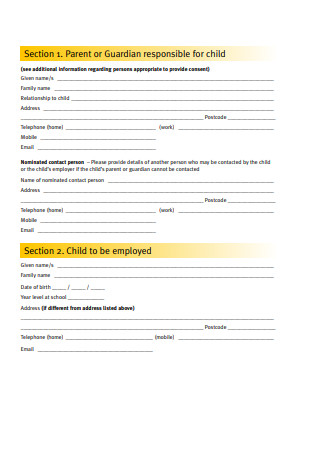
Parent’s Consent Form
download now -
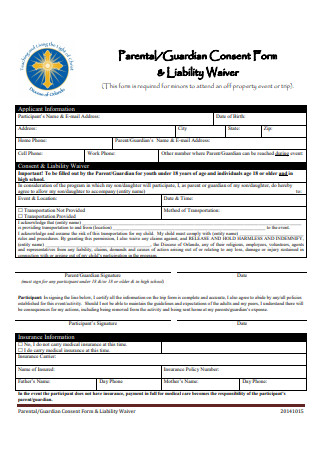
Parental/Guardian Consent Form & Liability Waiver
download now -
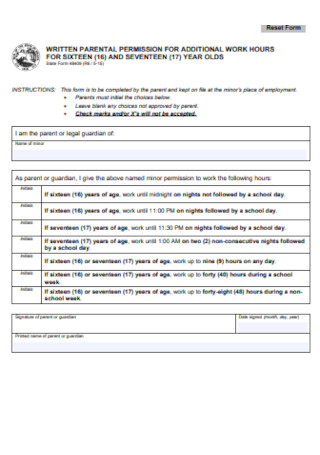
Written Parental Consent Form
download now -
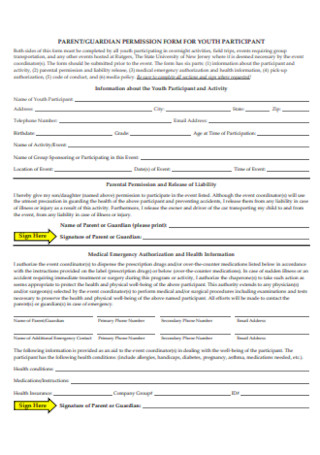
Sample Permission Slip
download now
FREE Parental Consent Form s to Download
30+ SAMPLE Parental Consent Forms in PDF
What Is a Parental Consent Form?
Parts of a Parental Consent Form
How to Create a Parental Consent Form
FAQs
What is the importance of parental consent forms?
When do you need a parental consent form?
What is the difference between assent and consent?
What is informed consent, and what is its importance?
It is simple to shape the minds of children, often compared to a blank canvas. The parents must always be there to oversee their child and the activities that they do. Since children cannot make proper decisions for themselves, the parents are responsible for decision-making that would benefit the child and not harm them in the process. The importance of parental consent forms concerning their children is critical in activities that require the children’s participation. Learn more about a parental consent form, its definition, parts, and creation by reading through the article below.
What Is a Parental Consent Form?
A parental consent form is a document to gather sufficient permission from parents and guardians to allow a child to participate in certain activities, attend events, or participate in third-party activities that use information concerning the child for particular purposes. There are instances that the form is not necessary; however, it is advisable to prepare one for the safety of children in case there are emergencies, injuries, or unforeseen circumstances. Schools, child care institutions, afterschool programs involving extracurricular activities, off-site event plans, and activities without parental presence are the entities that use these kinds of consent forms.
Based on the study entitled Ethical Conduct on Clinical Research Involving Children by the Institute of Medicine published in 2004, over 50 percent of parents that decide to have their children participate in a study cited that the reason behind it is for the benefit of contributing to medical knowledge. Despite the consent, many feared the adverse effects of the research on their children’s health and safety.
Parts of a Parental Consent Form
Parental consent forms vary depending on the institution that uses them. However, there is necessary information that must reflect in the document to serve its function. Remember that the consent form covers minors and children and must protect them at all costs. Here are the parts that must be visible in the parental consent form.
How to Create a Parental Consent Form
Since parental consent forms are different for each organization, it is critical to know how to create one accordingly. In designing the document, the security of the participants, both child, and parent, must be a priority of the organizer or coordinator. Here are the steps in creating a comprehensive parental consent form.
Step 1: Identify the Proper Format for the Form
In writing a parental consent form, the details must be clear, comprehensive, and easily understandable. It is also advisable to write in the first-person viewpoint and use words that are not complicated for the parents to understand what the form is all about.
Step 2: Distinguish the Purpose of the Consent Form
Parental consent forms vary depending on the purpose of the activity. There is various information that is in a travel consent form not found in a general consent form. For example, the travel document contains the date of departure, location of the flight, and travel companions. In general consent, this detail is not necessary. The form must only ask for relevant information relating to the activity.
Step 3: Include Sections of Child and Parent Information
The form must require general information regarding the parent and the child. It must relay information that shows the full name, contact details, address of both. The parent must indicate their details in cases of emergency, injury, and other unforeseen circumstances. The form must also specify where the parent or guardian writes the information, especially if the format shows similarities to a general agreement or contract. It is ideal to use a setup that is simple to fill in and understand.
Step 4: Indicate a Section for Medical Conditions
The form must show a variety of medical conditions that a person possesses. List the most common medical conditions or diseases that a child currently has or had. These include chickenpox, measles, mumps, asthma, sinusitis, bronchitis, diabetes, heart conditions, and allergies. The parent must fill out the information for the organizer to know the children’s state of health if they are to participate in the activity or study. It serves to inform the organizer and to ensure the safety of the child in the case.
Step 5: Detail the Activities of the Event or Study
The organizer or coordinator must give complete and vital information regarding the event, study, or activity, especially if it involves children. It is advisable to indicate information about the purpose and scope of the study as necessary. The duration, location, and details of the activity must show in the document. Allowing parents access to this information gives them a better understanding of the possible benefits and risks of the event. It also supplies the parents an option to continue with giving consent based on the details.
Step 6: Include a Parental Consent Clause
The parental consent clause is the most vital part of the consent forms as it states that the parents give full consent about the activities that involve the participation of their children. The clause must include a voluntary release of information in the child’s participation in the activity or study. It must also include a medical expenses clause to be shouldered by the parent and allow medical practitioners to apply first aid when necessary. Finally, the information indicated on the document is accurate and complete, and the parents or guardians read and understood the contents of the parental consent form. Remember to include a section where the parent needs to sign, accept and agree to the terms and conditions of the document.
FAQs
What is the importance of parental consent forms?
Parents, guardians, or adults, in general, have a fully developed sense of responsibility. It means that, to an extent, they are authorized to make the best and sensible decisions for their child or children. However, if the choices are not in the best interest of a child, they are responsible for the results of these decisions. Children do and say many things, and more often than not, they cannot be responsible or liable for these actions because their sense of responsibility is lacking and not well developed. Aside from parent’s liability, the essence of parental consent must be clearly understood, along with the laws concerning them to help a parent or guardian avoid legal breaches and infringement issues, protection of the parties involved in the agreement, and grants legitimacy of the event and the people planning the event.
When do you need a parental consent form?
There are instances that a parental consent form is a must for various purposes, especially concerning laws that affect minors and children. Each state has its laws concerning this matter, and parents must give permission before any minor can engage in a specific activity. The utilization of these forms includes a parent’s right to information and give consent when a child undergoes any manner of medical treatment. It is also advisable to have the document when a minor wants to experience any kind of body modification procedure, including but not limited to piercings and tattoos. When a child wants to discuss marriage plans, but the child is considered a minor, a parent must present a consent form to allow their child to do so. The most common use for parental consent revolves around a child’s activity relating to education. It includes field trips, extracurricular exercises or events, and other activities.
What is the difference between assent and consent?
Consent is a voluntary agreement of a person or an authorized representative with the legal capacity to give consent or permission. The authorized person must exercise freedom of choice without any constraint or compulsion to engage in an activity or a research project. On the other hand, assent is a term to express a willingness to participate in an activity or research of persons who are, under law or definition, too young to give consent but are old enough to understand the nature of the exercise. The individual recognizes the purpose of the project, the risks and benefits in line with the activity, and the results required from them as participants. The difference is assent in itself is not sufficient and must require consent from a legal and authorized representative. A person over 18 years old gives consent, while minors give assent.
What is informed consent, and what is its importance?
The process of informed consent occurs when communication between a patient and a healthcare professional or physician results in authorization to undergo a particular medical treatment or operation. It seeks to let the patient, or if the patient is a minor, the parents or guardians, understand relevant medical conditions, implications of treatment alternatives to make an independent decision. The child’s doctor or physician must present relevant and accurate information with the patient’s preference in receiving medical care. Informed consent is critical because it ensures the patients understand the possibility of encountering risks during the treatment, allowing them to make the decisions for themselves.
There are plenty of ways to protect children from harm, and one of them is through the use of parental consent forms. Relevant laws cover a child’s rights, and it is the parents’ and guardians’ duties to ensure the child is under the best care. As a child’s primary caregiver, the parents must know the situations and processes to give consent. Above everything, the parent ensures that the child’s safety is their utmost priority, even if the study or activity helps several people in the process.
It is through the parental consent form the organizer and the parents understand the conditions on the document. It gives them a better understanding of the benefits and risks linked with the activity. In the words of the historian Matthew Jacobson, “Behind every young child who believes in himself is a parent who believed first.” Parents are the best and most reliable guides children have in their lifetime, protecting them at all costs. Parental consent form samples are in the article use them to guide the children into a brighter future.
